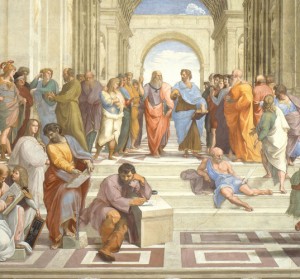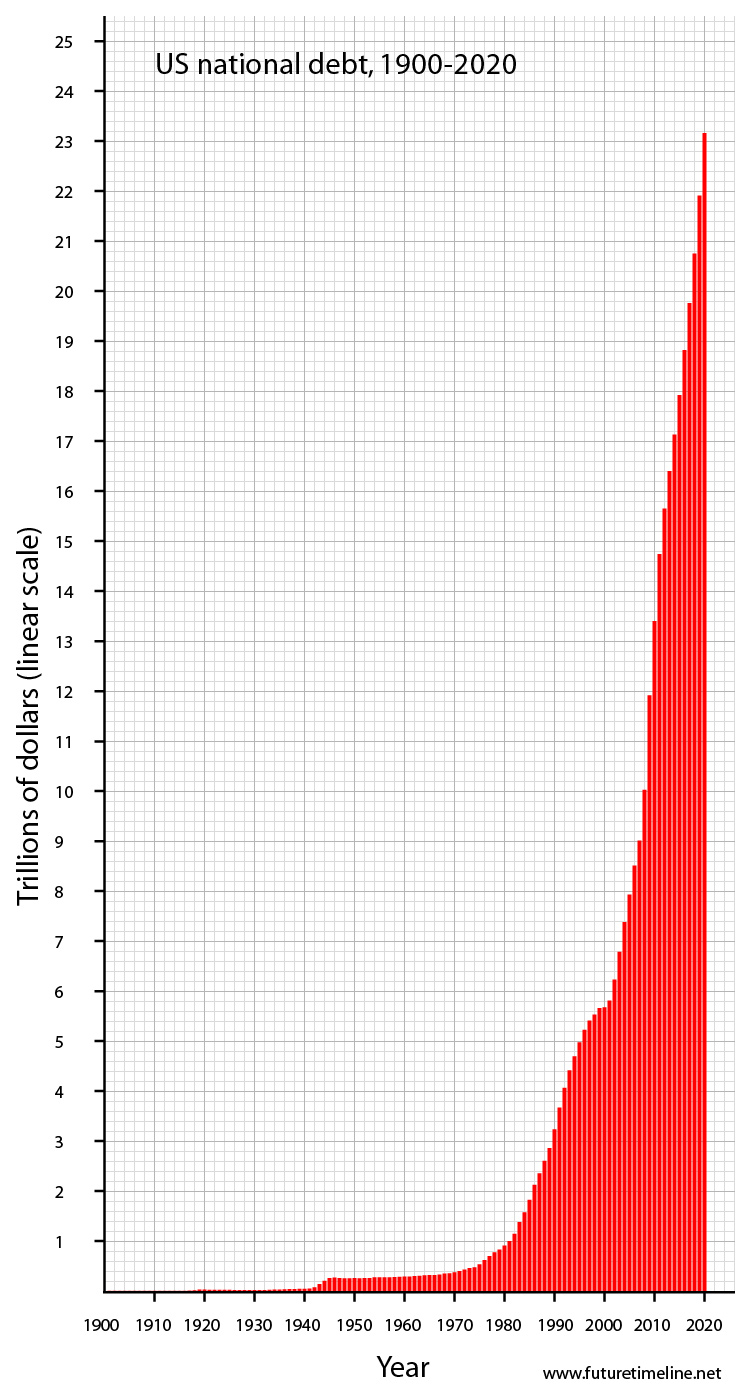Last night, while bouncing between research and watching the NBA championship with my son Lance, I stumbled across a writer (Walter Lippmann) that explained succinctly why freedom in necessary in a good society. On many issues, Lippmann and I disagree, but his explanation here is impressive. Indeed, I am humbled when I think of all the great thinkers who have studied, pondered, and wrote about the challenges facing Western Civilization today. The book LeaderShift was an attempt to awaken the Western world of its impending peril when liberty is sacrificed for the illusion of security.
As one of the founders of LIFE Leadership, I believe my role is to continue leading and learning until God calls me home. In this vein, I want to share just a segment of Lippmann’s writing so the readers can see the wealth of information available to those who invest the time to learn. Like I have said repeatedly, we cannot defend what we are ignorant of. Here is Lippmann’s thoughts on the value of freedom to Western Civilization and his concern in the current (1937) direction of events that he witnessed at the time. Today, his words resonate even louder than they did when he first wrote them.
Sincerely,
Orrin Woodward
Concentration has its origin in privilege and not in technology. Nor does technology require high concentration. For technical progress, being in its essence experimental, calls for much trial and error. That means that if industry is to advance technically, it must be flexible, not rigid change must be possible because it is not too costly; managers must be free, as technicians are free, to make many mistakes in order to achieve a success.
Those who do not like such a program, who would prefer industry stabilized into routine and administered by corporate or public bureaucrats, are entitled to their preference. But they must not pretend that they are the spokesmen of modern science seeking to make more effective man’s mastery of nature. If what they are seeking is a social order in harmony with the genius of the scientific method and of the modern economy of production, they should look with the profoundest skepticism upon the claims of the collectivist movement. Whatever form collectivism takes, whether the great corporate structures of private enterprise, or the national collectivism of the fascists, of the communist or of the gradualist parties, its adherents claim to be adapting the organization of industry to the progress of technology.
Against that claim there is a strong presumption. For these great centralized controls which have to be governed authoritatively by corporate officials or by public officials are unsuited to a system of production which can profit by new invention only if it is flexible, experimental, adjustable, and competitive. The laboratories in which the technic is being developed cannot produce the inventions according to a centrally directed plan. The future technology cannot be predicted, organized, and administered, and it is therefore in the highest degree unlikely that an elaborately organized and highly centralized economy can adapt itself successfully to the intensely dynamic character of the new technology.
. . . The events we are witnessing should not allow us to remain blind any longer to the truth that our generation has misunderstood human experience. We have renounced the wisdom of the ages to embrace the errors the ages have discarded. The road whereby mankind has advanced in knowledge, in the mastery of nature, in unity, and in personal security has lain through a progressive emancipation from the bondage of authority, monopoly, and special privilege. It has been through the release of human energy that men have lifted themselves above the primeval struggle for the bare necessities of existence; it has been by the removal of constraints that they have been able to adapt themselves to the life of great societies; it has been by the disestablishment of privilege that men have risen from the status of slaves, serfs, and subjects to that of free men inviolate in the ways of the spirit.
And how else, when we pause to ponder the matter, can the human race advance except by the emancipation of more and more individuals in ever-widening circles of activity? How can new ideas be conceived? How can new relationships, new habits, be formed? Only by increasing freedom to think, to argue, to debate, to make mistakes, to learn from those mistakes, to explore and occasionally to discover, to be adventurous and enterprising, can change be more than the routine of a recurrent pattern. If those who happen by inheritance, election, or force to achieve the power to govern are not the sole originators of new ways, it follows that the energy of progress originates in the great mass of the people as the more gifted among them are released from constraint and stimulated by intercourse with other free-thinking and free-moving individuals.
This was the faith of the men who made the modern world. Renaissance, Reformation, Declaration of the Rights of Man, Industrial Revolution, National Unification — all were conceived and led by men who regarded themselves as emancipators. One and all these were movements to disestablish authority. It was the energy released by this progressive emancipation which invented, wrought, and made available to mankind all that it counts as good in modern civilization. No government planned, no political authority directed, the material progress of the past four centuries, or the increasing humanity which has accompanied it. It was by a stupendous liberation of the minds and spirits and conduct of men that a world-wide exchange of goods and services and ideas was promoted, and it was in this invigorating and sustaining environment that petty principalities coalesced into great commonwealths.
What reason, then, is there for thinking that in the second half of the nineteenth century the tested method of human progress suddenly became obsolete, and henceforth it is only by more authority, not by more emancipation, that mankind can advance? The patent fact is that soon after the intellectual leaders of the modern world abandoned the method of freedom the world moved into an era of intensified national rivalry, culminating in the Great War, and.of intensified domestic struggle which has racked all nations and reduced some to a condition where there are assassination, massacre, persecution, and the ravaging of armed bands such as have not been known in the western world for at least two centuries.
We belong to a generation that has lost its way. Unable to develop the great truths which it inherited from the emancipators, it has returned to the heresies of absolutism, authority, and the domination of men by men. Against these ideas the progressive spirit of the western world is one long, increasing protest. Thus we have rent the spirit of man, and those who by their deepest sympathies seemed destined to be the bearers of the civilizing tradition have turned against one another in fratricidal strife.
What could be more tragically and more preposterously confused than this choicer Must men renounce all that their ancestors struggled to achieve, or abandon the hope of making the world a better place for their children? Must they disregard as so much antiquated nonsense the principles by which governments were subjected to law, the great made accountable, the humble established in their rights? Shall they not remem-. ber the experience by which the violence of civil factions was subdued? Must they forget how their forefathers suffered and died in order that tyranny should end and that men should be free?
It is the choice of Satan, offering to sell men the kingdoms of this world for their immortal souls. And as always, when that choice is offered, it will be discovered after much travail that on those terms not even the kingdoms of the world can be bought.














